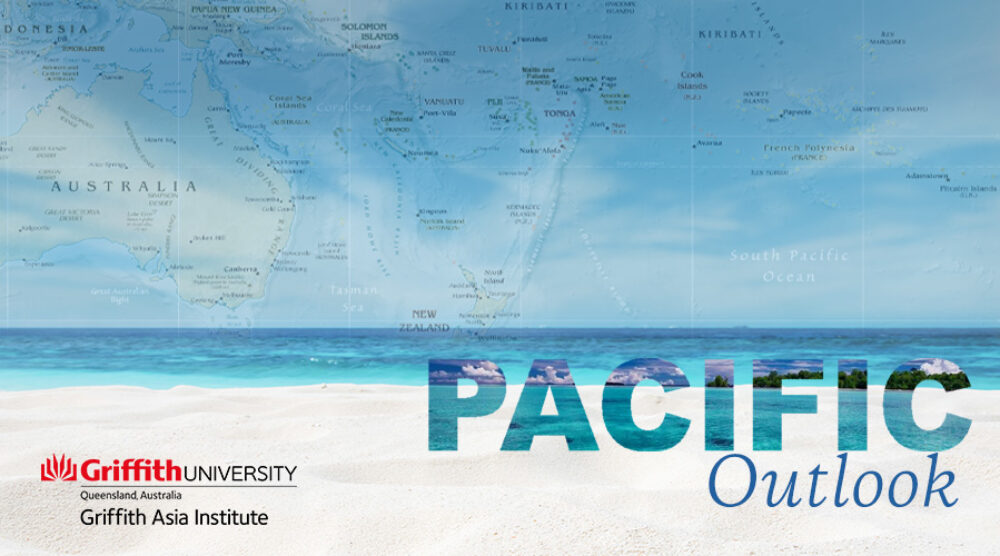Pacific island countries take action on Coronavirus
Pacific countries are taking action as the Coronavirus spreads. There are no reported cases of the disease in the region. Samoa has converted the hospital near the airport into a quarantine facility. That country is still reeling from the impacts of a recent measles epidemic which killed 83. Along with Samoa, Marshall Islands has banned entry of people travelling direct from China. Chinese visitors will be required to spend fourteen days in a country free of the virus before being granted entry. Marshall Islands is still dealing with a dengue outbreak, which has led to restrictions on travel within the country. In Fiji, authorities have advised citizens to avoid travelling to China. Medical teams have been stationed at ports of entry to monitor arrivals for signs of the virus. With cases having been confirmed in Australia, the risk to Pacific island countries has increased.
Corruption rankings remain largely stagnant
Corruption rankings in three Pacific island countries remain largely unchanged. The 2019 Corruption Perceptions Index published by Transparency International was released last week. Three Pacific island countries are included in the dataset: Papua New Guinea, Solomon Islands and Vanuatu. The rankings are based on a score of 100 for least corrupt and 0 for most corrupt. Vanuatu and PNG have scores that remain unchanged at 46 and 28 respectively. The score for Solomon Islands shows a drop of two points from 44 to 42. This is attributed to a lack of follow up action after the passage of significant anti-corruption legislation during the previous survey period. Globally, the average score is 46 and the average score for the Asia Pacific region is 43. This reflects what Transparency International sees as a stagnation of efforts to combat corruption across the globe.
Voter roll issues arise again in New Caledonia
Issues relating to the voter roll in New Caledonia have arisen again. This comes ahead of the second of a possible two referendums on independence to be held in September. The first was held in 2018. In that vote, the territory voted to remain a part of France by a margin of 53.7% to 46.3%. There have been ongoing disagreements about who is eligible to vote in these referendums. Loyalists have been pushing for the automatic enrolment of all prospective voters. Currently, non-Kanak voters can only be enrolled if they have lived in New Caledonia for three years and have registered. This has been strongly rejected by pro-independence groups, including at last year’s meeting of the Parties to the Noumea Accords. Recently, the law commission of the French National Assembly rejected this change, stating that there was no consensus around it.
UN rules that people at risk from climate change cannot be sent home
The UN has ruled that people at risk of climate change cannot be sent home. The UN Human Rights Committee dismissed the appeal of Ioane Teitota who was challenging his deportation from New Zealand. Mr Teitota, an i-Kiribati man, has argued that the effects of climate change in his country should be grounds for him being granted asylum. Although his case has not been accepted the influential Committee has ruled that it is possible for someone to argue that they cannot be deported and returned to their home country if their human rights are undermined by the impacts of climate change. What is not clear is what is needed in order to establish that on the part of a claimant. The decision is not binding on national courts but can be relied on as persuasive authority in future claims.
Government takes aim at broadcasters in Tonga
The government in Tonga has taken aim at three members of staff at the Tonga Broadcasting Commission. The station manager, Setita Tui’oineta and two news anchors, Salamo Fulivai and Vilisoni Tui have been suspended. The cause of the government concern appears to be a TV panel show that was aired last year. It featured the Prime Minister, Pōhiva Tu’i’onetoa and an adviser from his office. The three suspended staff members are accused political bias and inciting distrust against the Prime Minister. The Pacific Freedoms Forum has described the lack of transparency at the Tonga Broadcasting Corporation as ‘alarming’. Attacks on the media by way of sackings, suspensions and other manoeuvres are not uncommon in Tonga. The claims made against the journalists will be investigated by the Ombudsman. This comes at a time of heightened concern about media freedom in the Pacific islands region.
Tess Newton Cain is an Adjunct Associate Professor at the Griffith Asia Institute.








